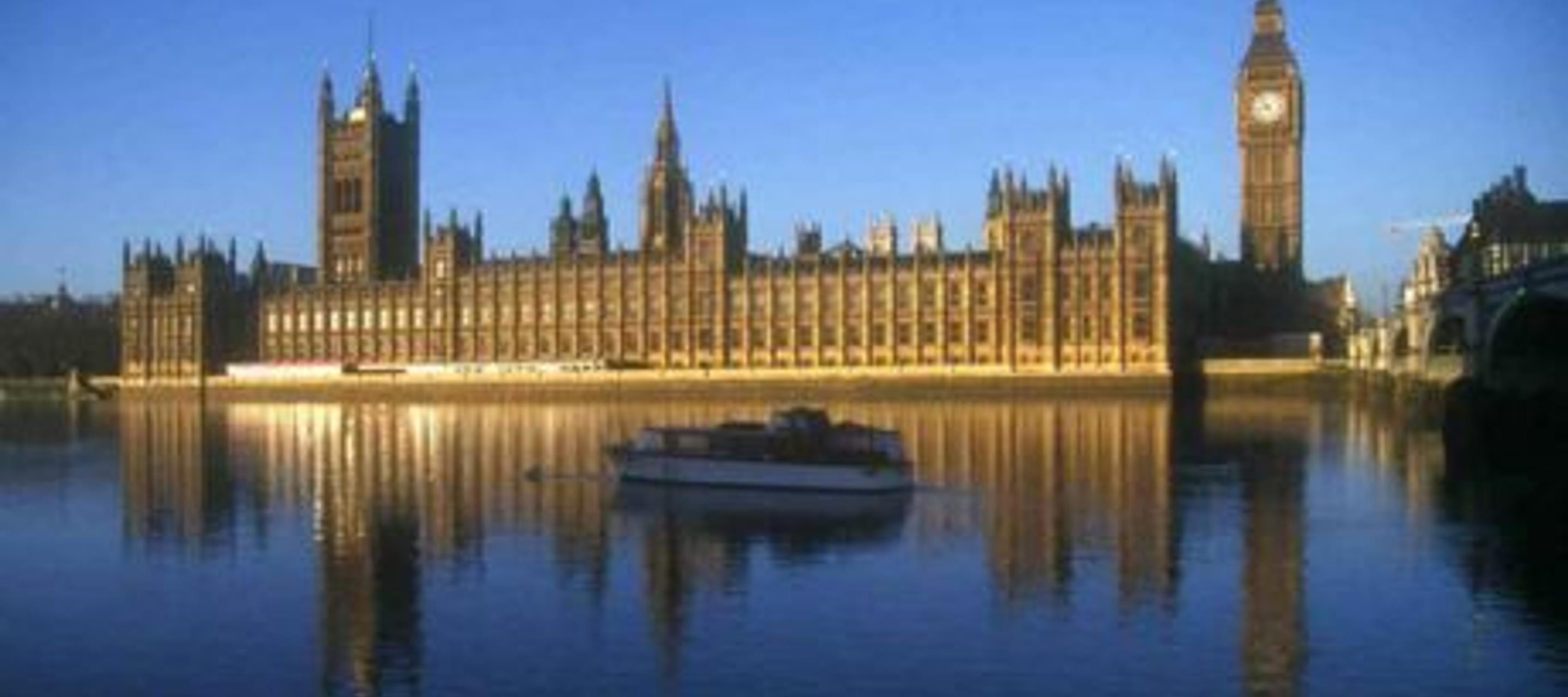UK Government prepares to launch National Action Plan on Business and Human Rights
2 September 2013

On 4 September, the UK Government will launch its much-anticipated National Action Plan on Business and Human Rights. It is an important landmark - greater UK policy coherence is important for furthering the protection of human rights.
The decision to develop the Plan recognises that states play a key role in ensuring that all businesses also respect international human rights norms.
The fact that two Secretaries of State will present the Plan (from the Foreign and Commonwealth Office and the Department for Business, Innovation and Skills) is highly relevant and from both ends of the governing Conservative-Liberal coalition. This National Action Plan – born during a time of national austerity and supported by the main opposition Labour Party - shows that for the time being at least, business and human rights is not a partisan issue. The fact that a cross-departmental plan now exists will help it remain so.
But why now? Surely we might have expected moves in this direction a few years ago, before the economic crisis and during the halcyon days of “third way” thinking under which many of the current UK-sponsored multi-stakeholder initiatives came into being? These include the Ethical Trading Initiative, the Voluntary Principles on Security and Human Rights, and the Extractive Industries Transparency Initiative.
A large part of the answer is timing. The call from the United Nations for governments to initiate such action plans came in June 2011, in John Ruggie’s final report as the UN Secretary-General’s Special Representative on business and human rights. The recommendation was also adopted by the European Union in its updated CSR Communication of the same year. The fact that a number of governments are currently working on their own plans clearly acted as an impetus for the Foreign Office to lead a domestic process. It also provided leverage when seeking to convince colleagues in other governmental departments.
Emerging national action plans take many forms. Some have required national parliamentary votes (e.g. Switzerland), while others are being built on top of existing trade related or public procurement commitments (e.g. the Netherlands). An increasing willingness by some governments to mandate corporate due diligence requirements (e.g. the USA) or to address business responsibilities as part of national political imperatives following peace negotiations (e.g. Colombia) is notable. Increased interest in the social impacts of business has brought about a new “CSR law” in India that makes philanthropy a legal requirement and has led to efforts amongst West African governments to better regulate the mining industry. All these and other government initiatives, from both the global north and south, demonstrate that corporate responsibility is becoming a permanent and more strategic part of government policy-making.
That explains timing; a global trend is emerging. But this does not explain everything. The broad business and human rights agenda has not reached the tipping point that will make it a mainstream international policy issue – in the way that climate change and anti-corruption have become subjects all states are forced to address. Governments that put forward comprehensive action plans on business and human rights are ahead of the curve – positioning themselves as leaders in this new area of public policy. Such leadership requires the efforts of key individuals within any government, and this has certainly been true of the UK recently.
No one should assume, however, that such leadership has yet been translated into the boardroom of every major company headquartered in the UK or can easily be sustained within government itself. Work must continue to ensure that all companies are accountable for their social impacts. For example, it should be politically unacceptable for another FTSE 100 listed company to refuse to engage with the UK National Contact Point as has happened over recent years. London also remains a favourite harbour for many small and medium-sized companies with international reach, few of which are yet aware of their human rights responsibilities. This is not about making UK plc uncompetitive, quite the reverse - it is about ensuring it is sustainable, accountable and fit to trade in the global economy.
The ‘social licence to operate’ is emerging as a highly material concept for British companies and Government alike, whether it be fracking in West Sussex, deep-water drilling in the Gulf of Mexico, making and purchasing cheap clothes from Bangladesh or mining in Africa – everything any company does is increasingly seen as having a social impact. States, companies, trade unions and civil society should have a common interest in methodologies that can demonstrate social risks and benefits objectively. All must be willing to make compromises, to listen and to make decisions that do not only serve the interests of the powerful, special interests or those with the loudest voice.
The British Government should be congratulated for being amongst the first to make business and human rights a permanent part of government policy. The UN Guiding Principles on Business and Human Rights call for greater state policy coherence, and an action plan, if nothing else, must be the basis for trying to achieve this. The launch of the UK’s National Action Plan is therefore an occasion to celebrate. But the bulk of the hard work still lies ahead. The Plan needs to lay the foundations for addressing some of the key areas of diplomacy, trade, investment, procurement, accountability, capacity and consensus-building that are critical for the years ahead.
With respect to one of these policy challenges - states will need to be constantly reminded that they themselves are powerful economic actors and that public procurement (which can represent between 10-25% of GDP in most OECD economies) should be one of the first places to apply human rights due diligence. Why should business take the integration of human rights seriously if governments themselves are unwilling to apply the same standards to their own supply chains or other contractual relationships? Some in the civil service will groan at the thought of such social conditionality in competitive tendering, but the logic is irrefutable. If human rights due diligence cannot be applied to public procurement then how can governments expect higher standards of due diligence in the private sector?
Human rights in public procurement has a double benefit: it both models the kind of approaches a government expects of business but also in itself touches a significant part of the national (and even global) economy. It has started to happen: the Netherlands has integrated the ILO Core Conventions into its public procurement requirements and the United States has done so with regard to forced labour, trafficking and the worst forms of child labour.
If public procurement is one of the first areas for potential government action, then greater transparency must be one of the others. The UK Prime Minister’s focus on tax and revenue transparency, both from the G8 Presidency and his position on the High-Level Panel on the Post-2015 Development agenda has been welcomed internationally. Earlier this year the British Government announced it is also joining the Extractive Industries Transparency Initiative (EITI) - an initiative co-launched by the UK over ten years ago but which it has never itself joined. Like Woodrow Wilson and lack of US Government support for the League of Nations, EITI risked being a club the UK had designed but never entered. We must now look forward to specific commitments on transparency and accountability in all parts of the world, not only in Africa. The focus needs to move beyond the sole issue of revenue transparency to also include tendering, contracting and exploration processes - to end the externalisation of social impacts from the true cost of operating business.
The UK Action Plan is more than symbolism – it should help make business and human rights a permanent part of government policy. It marks the state starting to step back into an area of governance it should never have left to “voluntary CSR”, a point the late Sir Geoffrey Chandler (the inaugural chair of the UK Amnesty International Business Group) made consistently during the 1990s.
Placing the world’s most vulnerable at the centre of how business and government make decisions is no simple thing – let’s not expect the road ahead to be an easy one. However, the world’s challenges are such that harnessing the power of business and other non-state actors to not just behave responsibly but also help deliver solutions remains critical.




